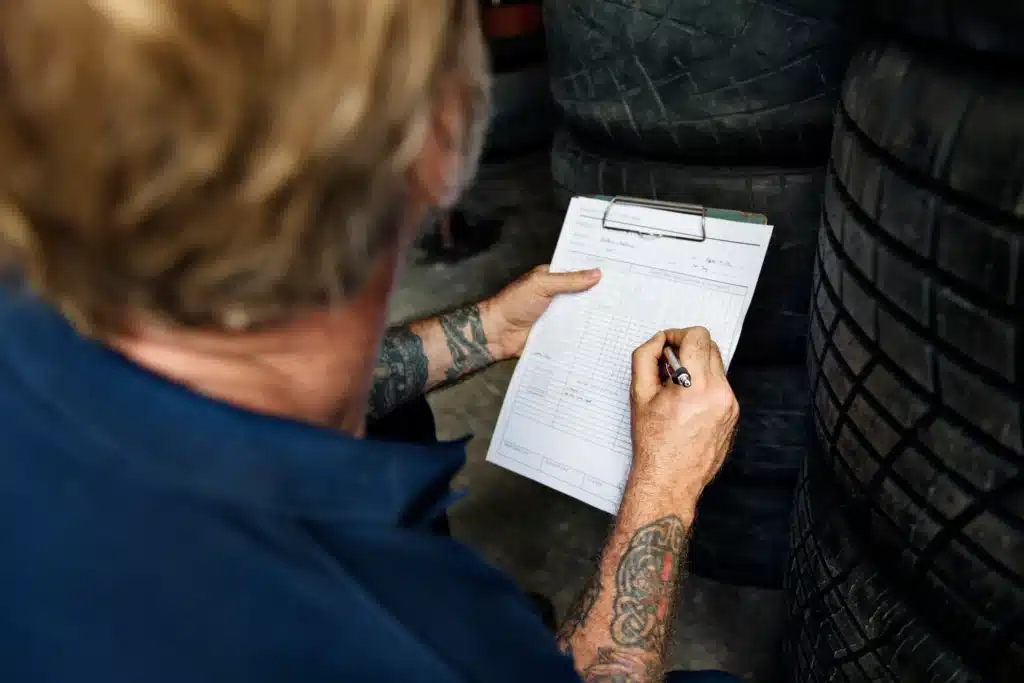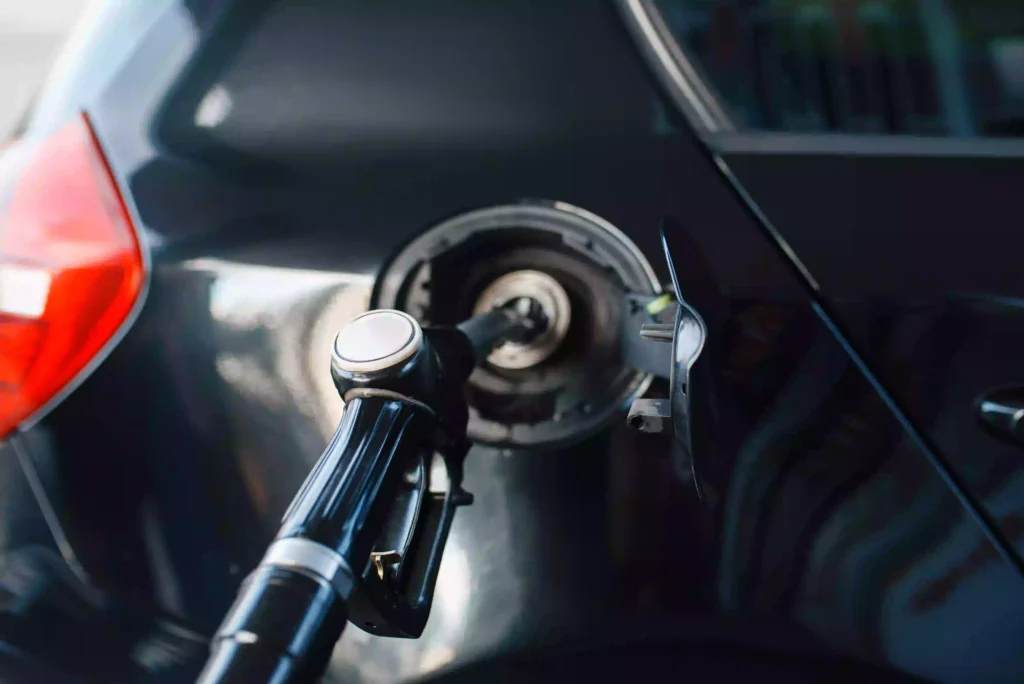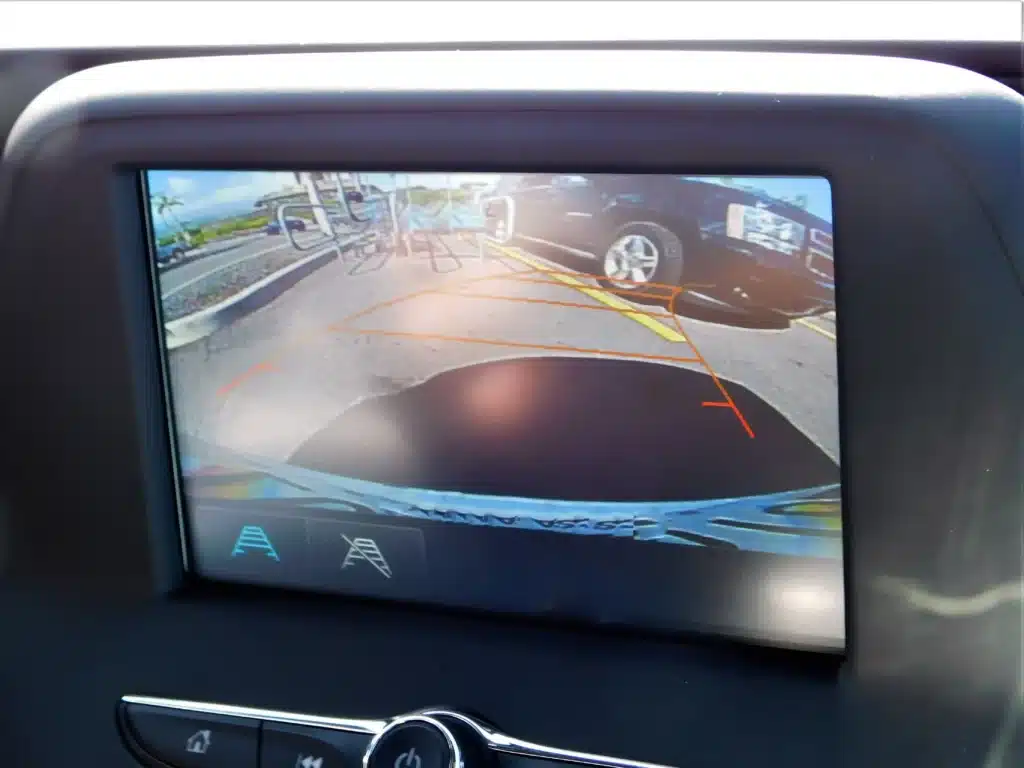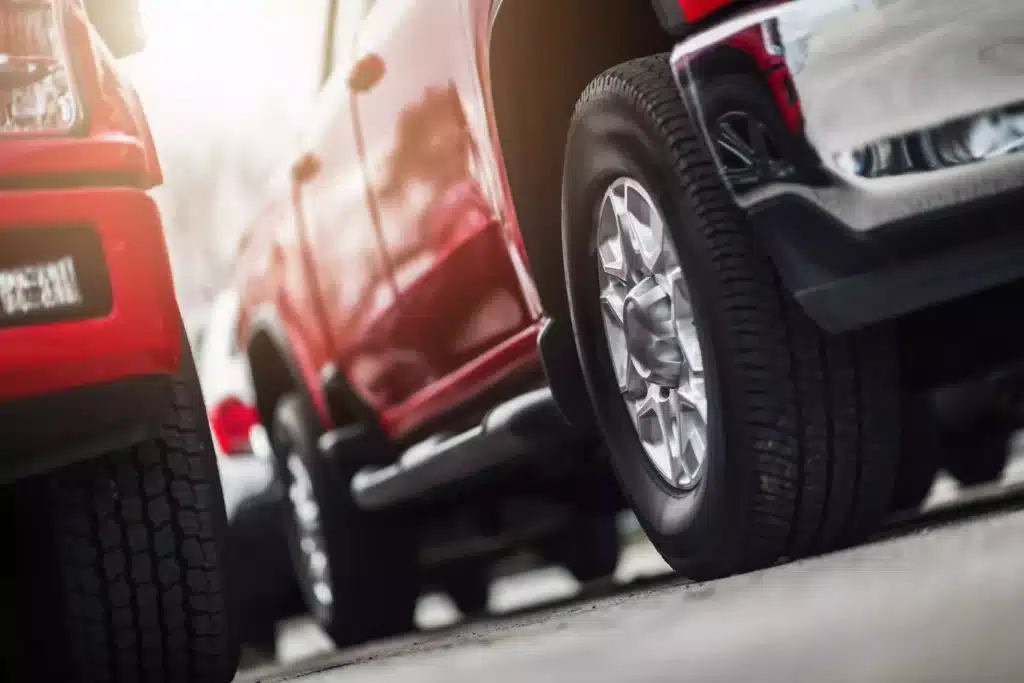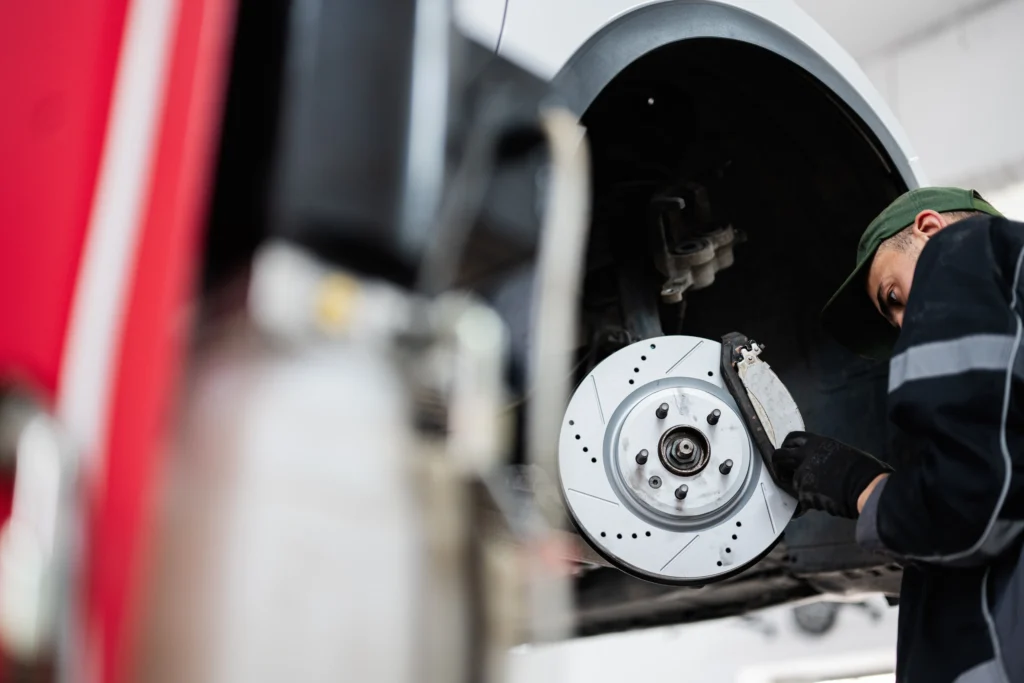Auto Buying Guide: Pre-Purchase Vehicle Inspection Tips
Home » Auto Buying Guide » Auto Buying Guide: Pre-Purchase Vehicle Inspection Tips

Many dealers will say that they have already inspected the used vehicle you’re looking to buy. In some cases, that’s true. Certified Pre-Owned vehicles are inspected by the automaker before being resold to the public. However, you should get an inspection from a third party anyway. Why?
An independent inspection will help you get peace of mind about what you’re buying, and it may catch problems that inspections from the automaker may have missed.
The first step is to find an independent mechanic who is willing to inspect the vehicle for you.
The second is to research what should go into an inspection. Most independent repair shops will perform a pre-purchase inspection for $100 to $200.
Things that should be inspected include the following:
- The exterior: The mechanic should check for dents, chipped windows, mismatched body panels and find any other issues with the outside of your vehicle.
- The interior: The mechanic should look over the seatbelts, buttons, handles, pedals and other vital parts inside the vehicle, particularly safety parts.
- Under the car: The mechanic can look for rust and any damage under the carriage. Though drivers can see red flags with the exterior and interior when they visit the dealership lots, they won’t be able to look under the car before their first test drive.
- Under the hood: The mechanic should check the engine, radiator, battery and anything else visible under the car’s hood.
- Tires: The mechanic should ensure the tires are not overinflated, underinflated, or too worn down.
- Steering: Make sure that there is no clunking or slack while steering the car. Though the driver may not have detected any steering problems when taking the vehicle for a test drive, the mechanic may find things the driver missed.
- Suspension: The mechanic should make sure that this part is not worn or damaged. The mechanic may find problems that are not detectable during a test drive.
- Tailpipe: The mechanic should check the smoke that comes out of the tailpipe. The color of the exhaust will help you identify various problems, such as burning oil (blue smoke), water logs in the combustion chamber (prolonged white smoke) or dirty air filters, defective oxygen sensors and broken mass-air meters (prolonged black smoke).
Inspections should reveal any problems in the car so that you can make an informed decision. However, if problems do not appear until after you purchase the car, hope that those problems are covered by warranty. Read the next post in our Auto Buying Guide series to learn about the types of warranties applicable to your car.
Lemon Law Help by Knight Law Group is an automotive lemon law firm that exclusively practices in California, with offices in Los Angeles, San Francisco, Sacramento and Orange County. If you are a California resident who purchased or leased a defective vehicle from a licensed dealership in California, we may be able to help you get rid of your potential lemon and recover significant cash compensation. Model year restrictions apply: 2020–Present vehicle models only.
However, we cannot help those who reside outside of California or purchased their vehicle outside of California unless they are active duty members of the Armed Forces, nor will we be able to refer them to a lemon law firm in their states.
To learn more about the California Lemon Law and your legal rights, visit our guide on the California Lemon Law for more information.
Do You Have A Lemon Vehicle?
"*" indicates required fields

